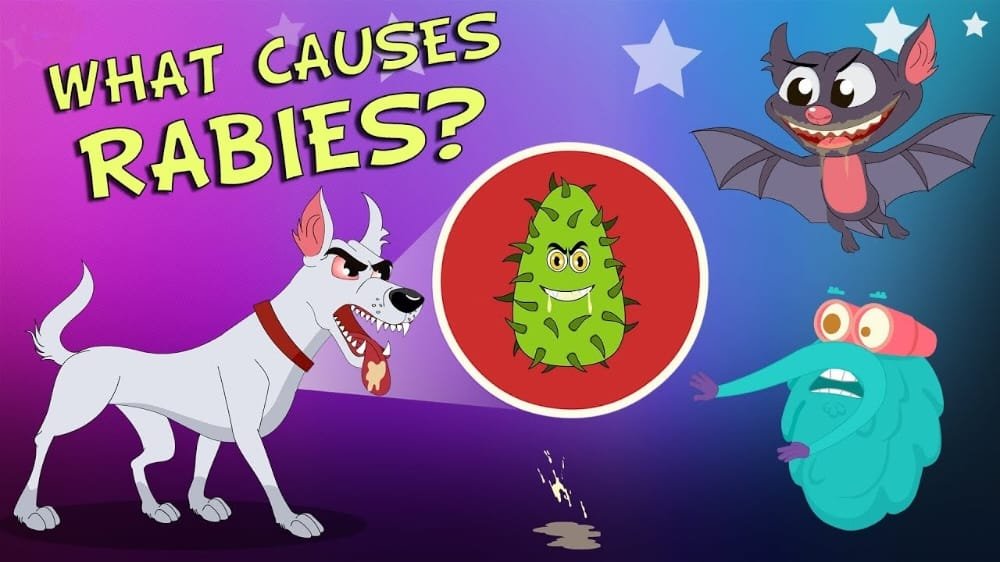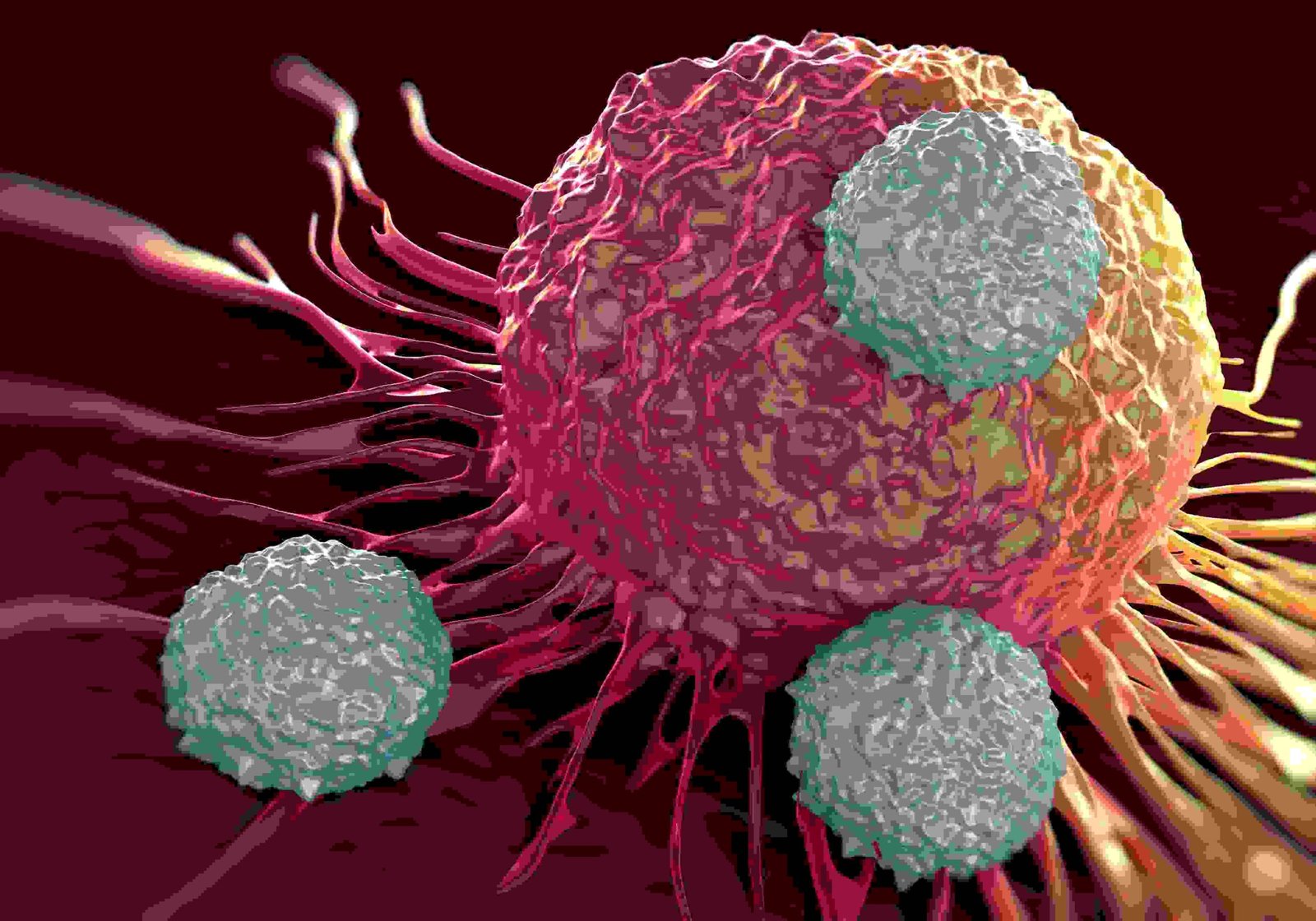What is Malaria?
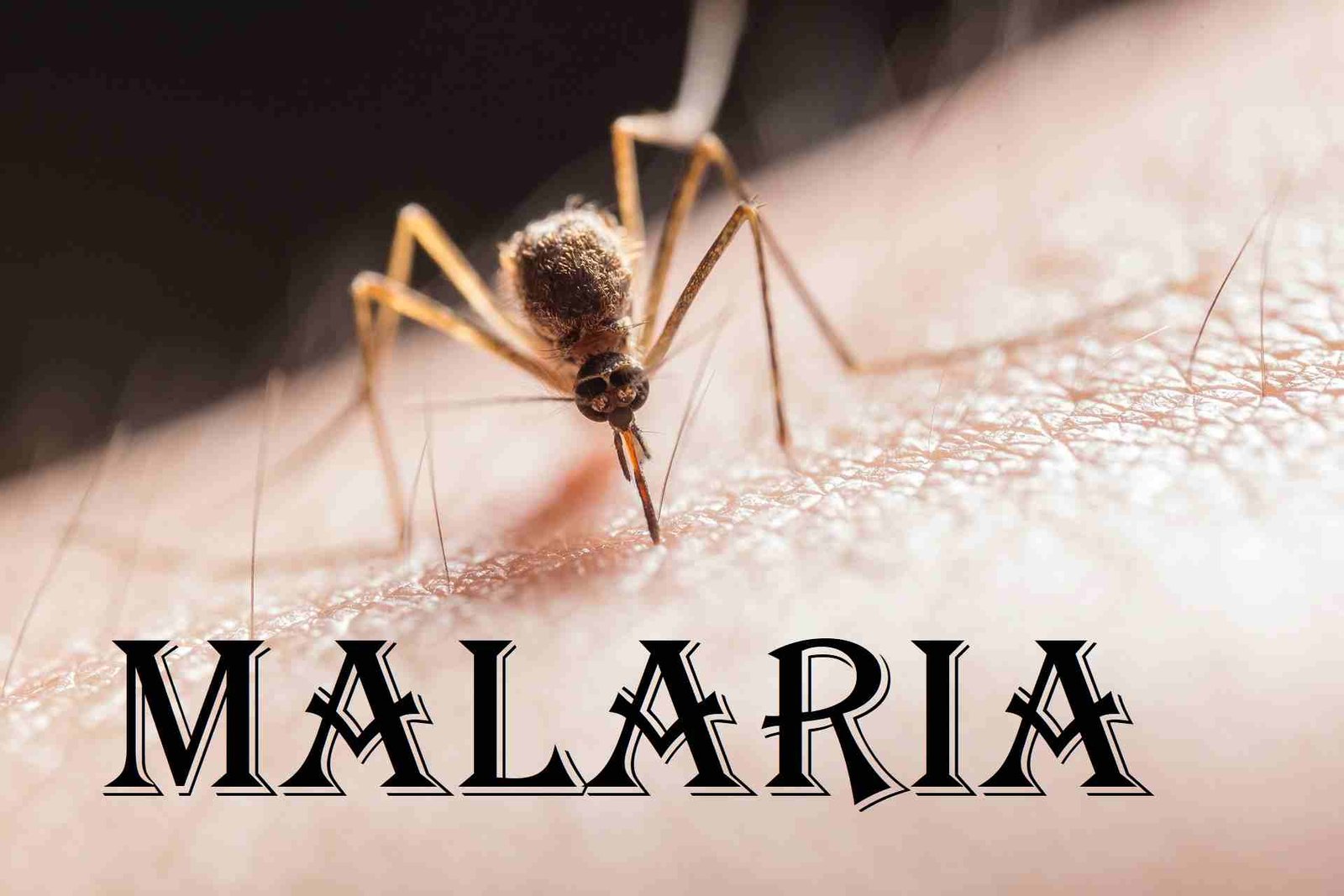
Malaria, a disease man fighting since many years. The parasite that causes malaria is a microscopic, single-celled organism called Plasmodium. This parasite is transmitted to humans through the bites of infected mosquitoes. Once an infected mosquito bites a human, the parasites multiply in the host’s liver before infecting and destroying red blood cells. People who have malaria usually feel very sick, with a high fever and shaking chills. In general, It is a curable disease if diagnosed and treated promptly and correctly otherwise it can cause some serious health issues or may lead to death.
What Causes Malaria?
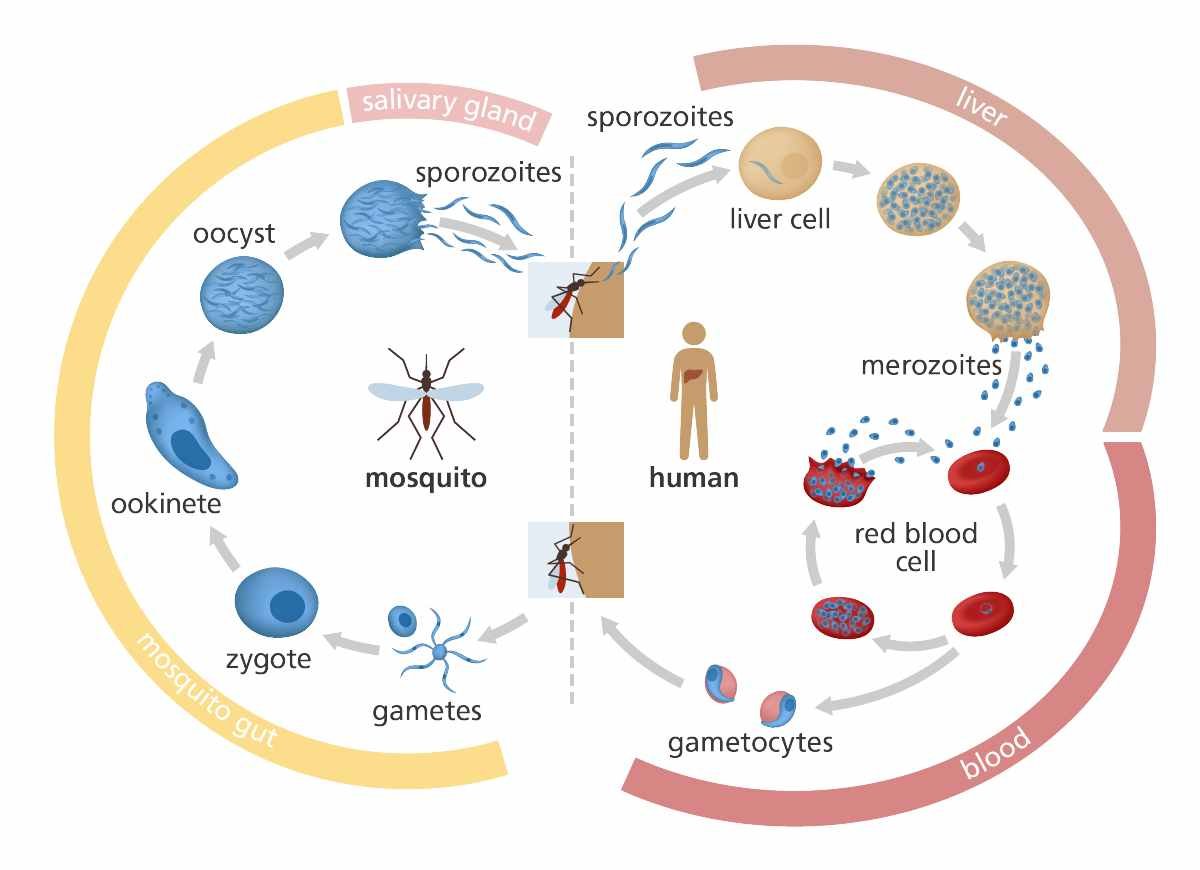
Malaria is caused by parasites carried by mosquitoes. Only female mosquitoes spread the malaria parasites. When a mosquito bites a person who has malaria, it drinks the person’s blood, which contains the parasites. When the mosquito bites another person, it injects the parasites into that person. That’s how the disease spreads.
Once the parasites enter your body, they travel to your liver, where they multiply within the liver cells and then attack the red blood cells resulting in their rupture. The rupture of RBCs is associated with release of a toxic substance, haemozoin, which is responsible for the chill and high fever recurring every three to four days
The mosquitoes pick up the parasite by biting someone who already has the disease. Malaria is then passed to other people when the mosquitoes bite them.
How many types of plasmodium parasite can cause malaria?
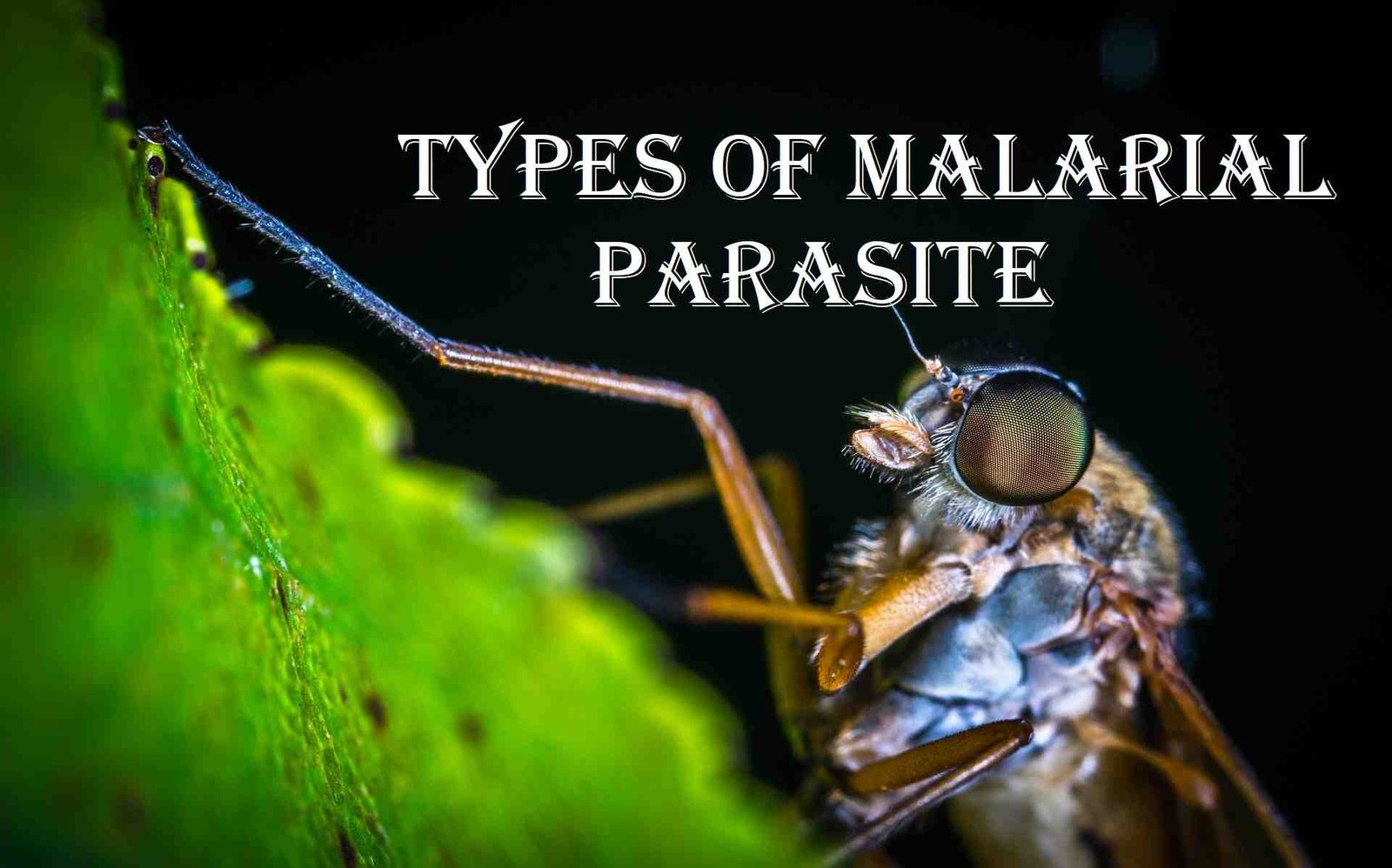
There are numerous types of Plasmodium parasites, but only five can cause malaria in humans. These include:
- Plasmodium falciparum: mainly found in Africa, it’s the most common type of malaria parasite and is responsible for most malaria deaths worldwide
- Plasmodium vivax: mainly found in Asia and South America, this parasite causes milder symptoms than Plasmodium falciparum, but it can stay in the liver for up to 3 years, which can result in relapses
- Plasmodium ovale: fairly uncommon and usually found in West Africa, it can remain in your liver for several years without producing symptoms
- Plasmodium malariae: this is quite rare and usually only found in Africa
- Plasmodium knowlesi: this is very rare and found in parts of southeast Asia
Is malaria a contagious disease?
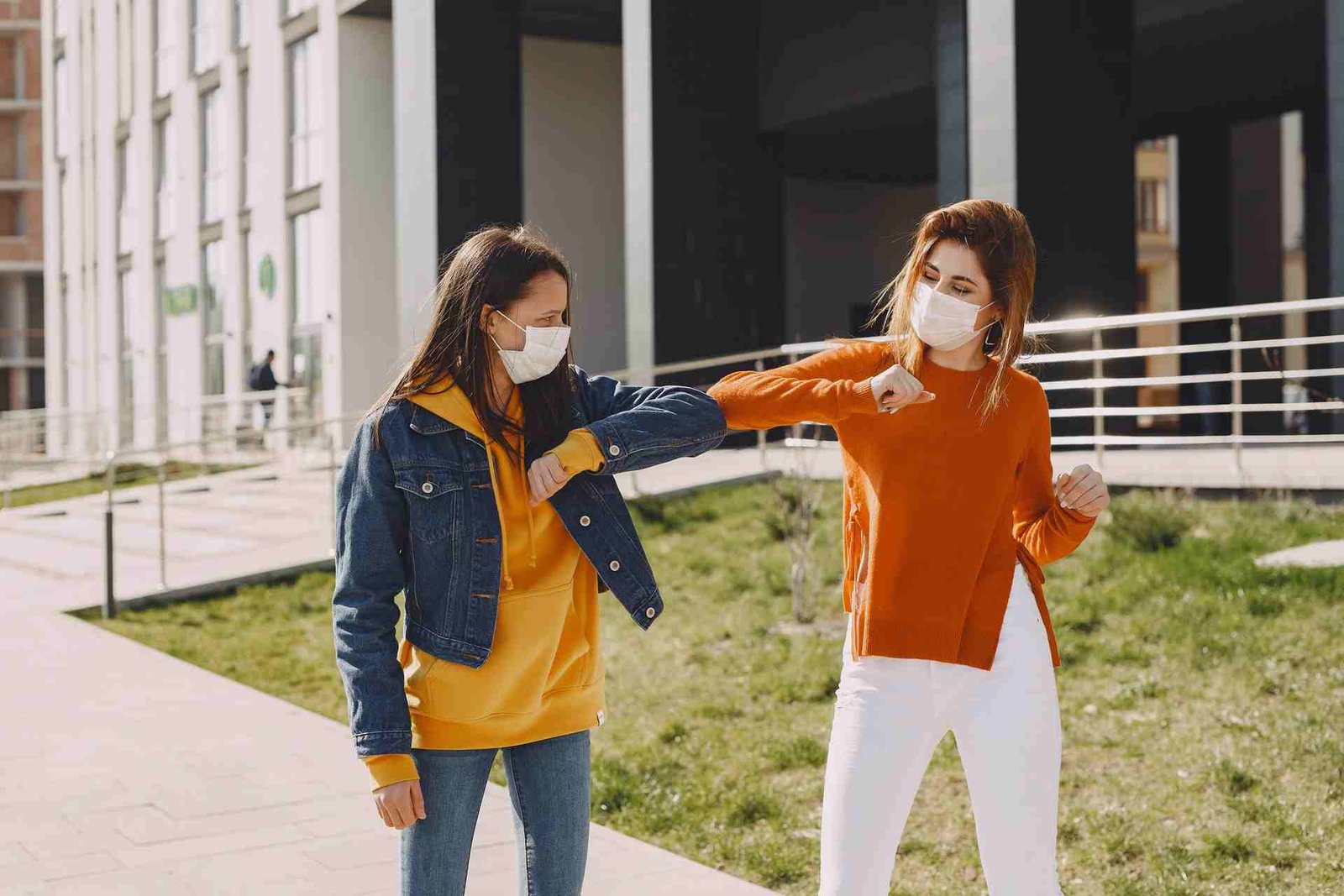
No. Malaria is not spread from person to person like a cold or the flu, and it cannot be sexually transmitted. You cannot get malaria from casual contact with malaria-infected people, such as sitting next to someone who has malaria.
But Malaria is transmitted by blood, so it can also be transmitted through:
- an organ transplant
- a transfusion
- use of shared needles or syringes
- An infected mother can also pass the disease to her baby at birth or to unborn baby.
What are the signs and symptoms of malaria?

Roughly one to three weeks after becoming infected, individuals can expect to experience some of the following symptoms which include:
- Cycles of sweating and shivering
- Vomiting or feeling of nausea
- High fever
- Headache
- Abdominal pain
- Diarrhea
- Anemia
- Muscle or joint pain & fatigue
- Convulsions
- bloody stools
- Chest or abdominal pain
- Cough
- Deep breathing and respiratory distress
In severe cases, skin and eyes can become jaundiced (yellow in appearance) due to impaired liver function. if the infection is not treated promptly it may cause kidney failure, seizures, mental confusion, coma, and death.
What are the life-threatening complications from malaria?

In most cases, malaria deaths are related to one or more serious complications, including
- swelling of the blood vessels of the brain, or cerebral malaria
- an accumulation of fluid in the lungs that causes breathing problems, or pulmonary oedema
- organ failure of the kidneys, liver, or spleen
- anemia due to the destruction of red blood cells
- low blood sugar
- Shock – a sudden drop in blood pressure
- Dehydration
Can Malaria Be Prevented?

Scientists around the world are trying to develop a safe and effective vaccine for malaria. As of yet, however, there is still no malaria vaccine approved for human use. To protect yourself from mosquito bites,
you should:
- Cover your skin. Wear pants and long-sleeved shirts.
- Apply insect repellant to skin and clothing. Sprays containing DEET can be used on skin and sprays containing permethrin are safe to apply to clothing.
- Antimalarial: Taking antimalarial medication to kill the parasites and prevent becoming ill
- Keeping mosquitoes from biting you, especially at night
- Sleep under a net. : Sleeping under insecticide-treated bed nets, using insect repellent, and wearing long-sleeved clothing if out of doors at night.
- Diagnosis– seek immediate medical advice if you have malaria symptoms, including up to a year after you return from travelling.
How is malaria diagnosed?
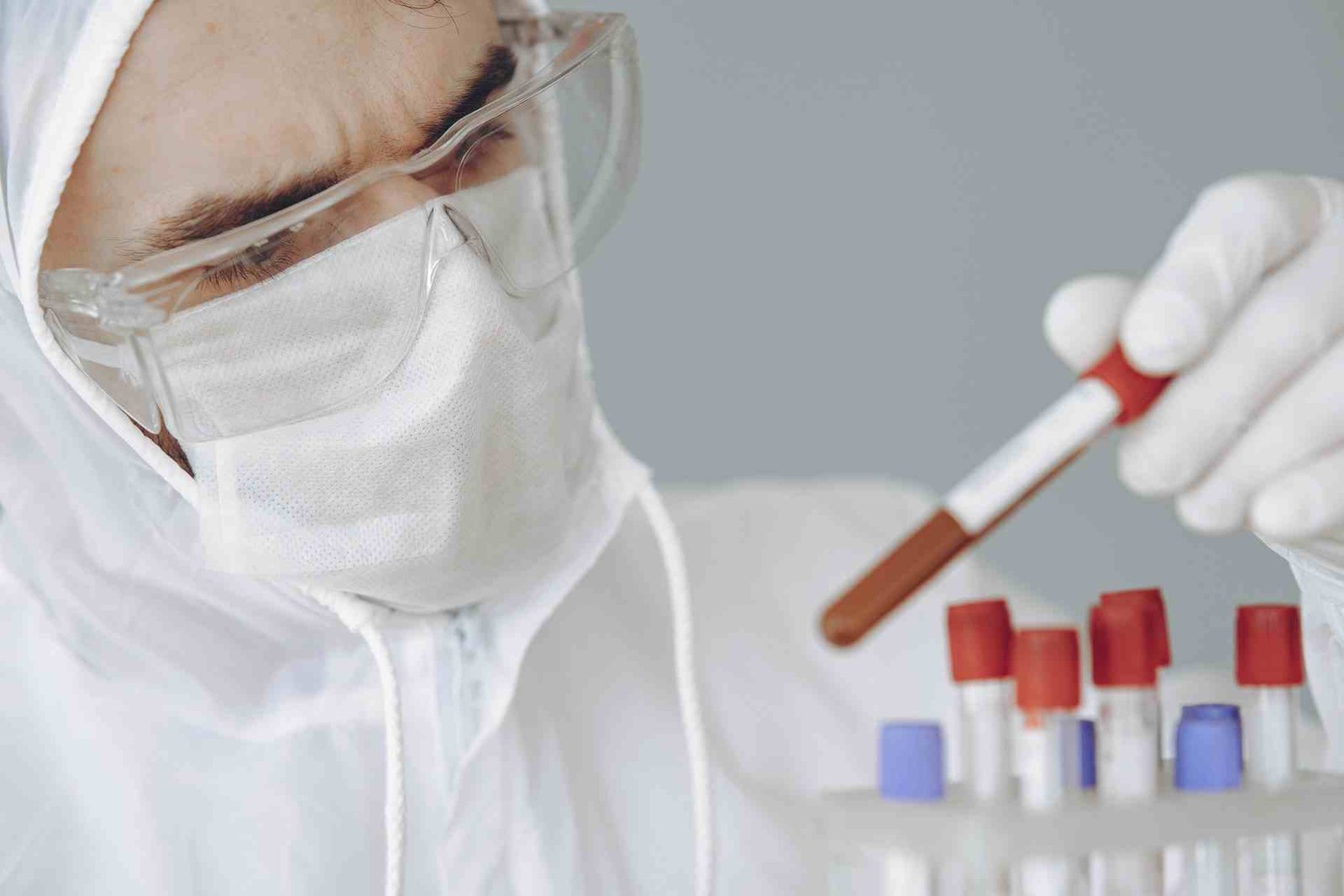
Doctors suspect malaria based on a person’s symptoms, physical findings, and where a person lives or has travelled. No combination of symptoms can reliably distinguish malaria from other causes, so a parasitological test is vital for identifying and managing the disease.
Conclusion
Malaria is one of the oldest and deadliest diseases, devastating families, communities, and countries. Yet we have the tools to end malaria in a generation. This is why we should take a stand in against of malaria. this keeps families and communities from prospering. By sustaining investments in ending malaria and improving health, we can unlock economic growth and human potential.
